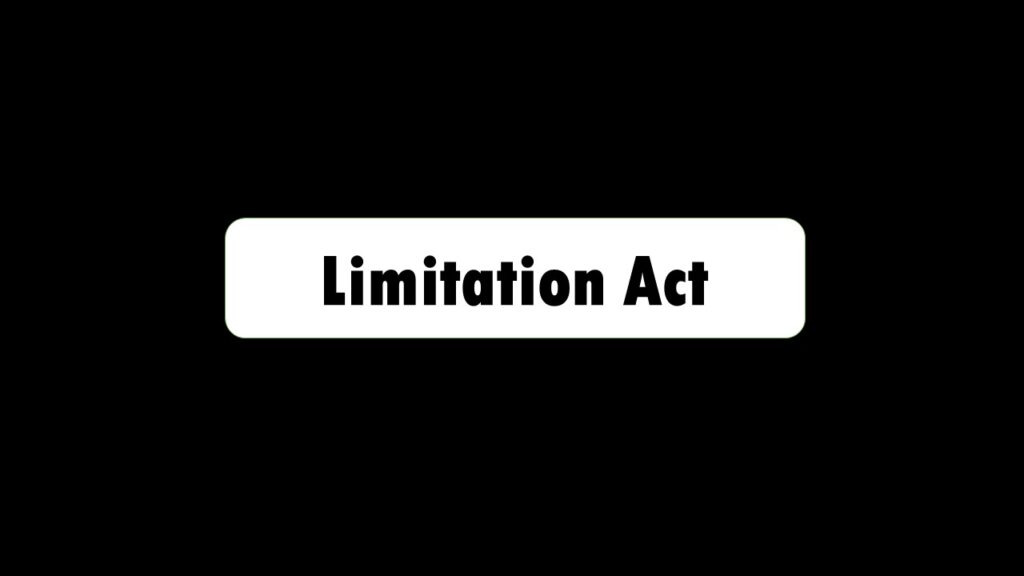Basawaraj & Anr vs. Land Acquisition Officer [(2013) 14 SCC 81]: Supreme Court of India
Law of limitation may harshly affect a particular party but it has to be applied with all its rigour when the statute so prescribes
12. “It is a settled legal proposition that law of
limitation may harshly affect a particular party but it has to be applied with
all its rigour when the statute so prescribes. The Court has no power to extend
the period of limitation on equitable grounds. “A result flowing from a
statutory provision is never an evil. A Court has no power to ignore that
provision to relieve what it considers a distress resulting from its
operation.” The statutory provision may cause hardship or inconvenience to a
particular party but the Court has no choice but to enforce it giving full
effect to the same. The legal maxim “dura lex sed lex” which means “the law is
hard but it is the law”, stands attracted in such a situation. It has
consistently been held that, “inconvenience is not” a decisive factor to be
considered while interpreting a statute.
13. The Statute of Limitation is founded on public policy,
its aim being to secure peace in the community, to suppress fraud and perjury,
to quicken diligence and to prevent oppression. It seeks to bury all acts of
the past which have not been agitated unexplainably and have from lapse of time
become stale.”
